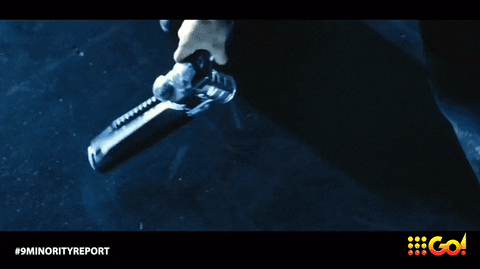Minority Report, directed by Steven Spielberg in 2002, is a film that explores the potential consequences of advanced technology on society. The movie presents a future where law enforcement uses "Pre-Crime" - a system that predicts and prevents crimes before they happen based on psychic visions of Precogs (Precognitive humans). While this technology seems like an ideal solution to crime, it raises several social implications that are worth discussing.
Firstly, the concept of Pre-Crime challenges our understanding of free will and personal responsibility. If individuals' actions can be predicted before they occur, does this mean we no longer have control over our lives? Moreover, if someone is arrested for a crime they haven't committed yet, how do we determine their guilt or innocence? These questions highlight the complexities involved in implementing such technology on a large scale.
Secondly, Minority Report raises concerns about privacy and surveillance. In order to predict crimes accurately, vast amounts of personal data must be collected and analyzed by the Pre-Crime system. This includes information about individuals' thoughts, emotions, and movements - all of which could potentially fall into the wrong hands if not properly secured. As a result, citizens may feel constantly monitored and vulnerable, leading to mistrust between society and its governing bodies.
Lastly, Minority Report warns against relying too heavily on technology as a solution to societal problems. While Pre-Crime appears to be an effective way of reducing crime rates initially, it ultimately leads to a dystopian future where individual freedoms are sacrificed for the sake of security. This serves as a reminder that while advancements in tech can help us solve many challenges, they should not come at the expense of our core values and principles.
In conclusion, Minority Report offers valuable insights into how advanced technology could impact society if misused or taken too far. It encourages us to consider the potential consequences before embracing new innovations blindly and emphasizes the importance of striking a balance between progress and preserving human rights and freedoms.
